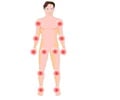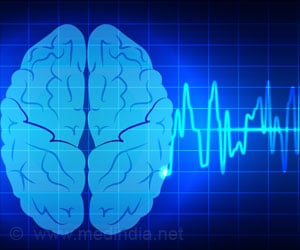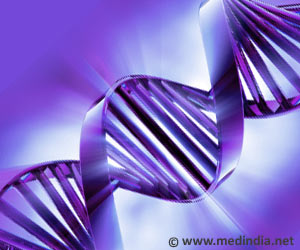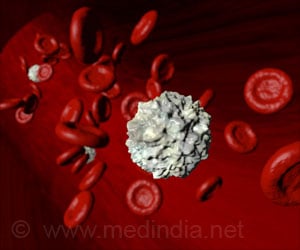Researchers at Swiss Federal Institute of Technology in Zurich (ETHZ) who are currently testing an experimental drug revealed that it was able to ‘fully cure’ arthritis in mice.

The disease affects up to one percent of the world's population, according to ETHZ, but while various drugs are used to stop or slow the progression of the disease, there has until now been no known cure.
The Swiss researchers combined two components to create a fusion molecule they referred to as an "armed antibody."
One component is the body's own immune messenger molecule, interleukin 4 (IL-4), which had been shown in previous studies to protect against cartilage and bone damage in mice with arthritis.
The other component was an antibody to IL-4, which binds to a type of protein found only in inflamed tissue, ensuring that the substance works almost exclusively at the site of the disease.
"The concentration in the rest of the body is minimal, which reduces side-effects," pharmacist and lead author of the study Teresa Hemmerle said in a statement released on Wednesday.
But when it was combined with a cortisone-like anti-inflammatory drug already used to treat the disease in humans, called dexamethasone, the animals were cured, the scientists said.
"In our mouse-model, this combined treatment creates a long-term cure," said Hemmerle, who recently completed her dissertation and has since been working for ETHZ spin-off Philochem, where the project is continuing.
The research group is planning to start testing the new drug in clinical trials on arthritis patients in the next year.
The study was published on Monday in a US journal, the Proceedings of the National Academy of Sciences (PNAS).
Source-AFP
 MEDINDIA
MEDINDIA




 Email
Email










